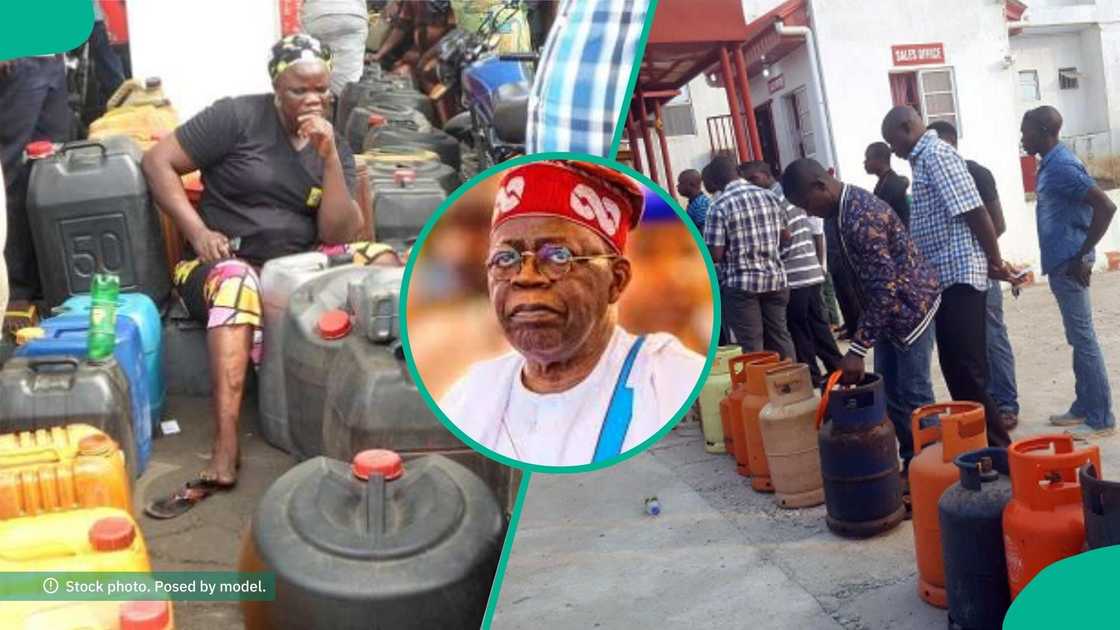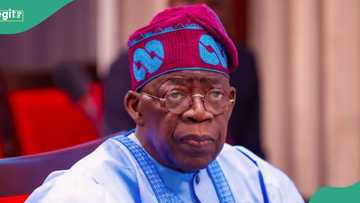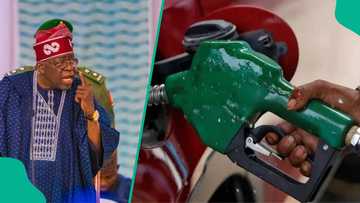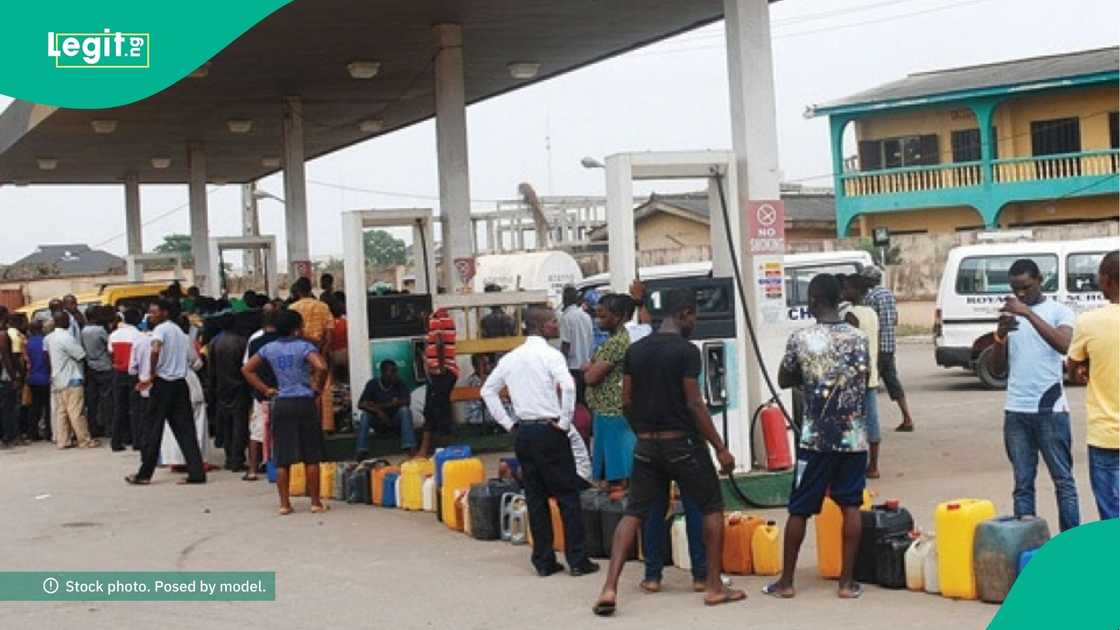FG Clarifies 5% Fuel Surcharge Impact on Cooking Gas, Kerosene and CNG
- The proposed 5% fuel surcharge will not apply to essential household energy products such as kerosene, LPG, CNG, and renewable energy sources
- According to President Tinubu's task reform committee, the levy is intended to create a dedicated fund for road infrastructure and maintenance
- It stressed that the measure does not contradict the government’s tax relief efforts, noting that several other charges have already been scrapped or suspended
Legit.ng journalist Victor Enengedi has over a decade's experience covering Energy, MSMEs, Technology, Banking and the Economy.
The Presidential Fiscal Policy and Tax Reforms Committee has assured Nigerians that the proposed 5% fuel surcharge under the new tax framework will not apply to basic household energy products.
Exemptions cover kerosene, cooking gas (LPG), compressed natural gas (CNG), and other clean or renewable energy sources.

Source: UGC
LPG, kerosene, CNG exempted from 5% fuel levy
The clarification was issued on Saturday, September 6, in a Frequently Asked Questions (FAQs) document released on X (formerly Twitter) by the committee’s chairman, Taiwo Oyedele, amid growing fears that the levy could worsen the rising cost of living.

Read also
Obidients warn Tinubu against proposed 5% fuel surcharge, “Nigerians are pushed deeper into poverty”
The committee stated:
“No. Several energy products used by households are exempt. This includes household kerosene, cooking gas (LPG), and compressed natural gas (CNG). Clean and renewable energy products are also excluded to align with Nigeria’s energy transition agenda.”
According to Oyedele, the surcharge will not take effect immediately after the new tax laws become operational in January 2026.
Instead, it will only begin once the Minister of Finance issues a formal directive published in the Official Gazette.
The committee stated that revenues generated from the surcharge will be dedicated to road construction and maintenance.
While funds saved from the removal of petrol subsidy have supported some road projects, the committee noted that they remain inadequate to cover the country’s huge infrastructure demands.
Addressing concerns that the levy contradicts the administration’s promise to ease tax burdens, the committee pointed out that several charges had already been abolished or suspended.

Read also
Breaking: TUC issues 14-day ultimatum to Tinubu's govt to immediately stop 5% fuel tax, "economic wickedness"
These include value-added tax (VAT) on fuel, excise duties on telecommunications, and the controversial cybersecurity levy.
5% fuel surcharge aims to fund roads
On why the surcharge cannot simply be scrapped, the committee emphasised that it was designed to guarantee sustainable road financing.
If properly implemented, it added, the measure would improve road safety, reduce travel time and logistics costs, and lower vehicle maintenance expenses, ultimately benefiting the wider economy.
The committee further explained that such levies are common globally, with over 150 countries imposing fuel-related charges ranging between 20% and 80% to fund road infrastructure.
In June, President Bola Tinubu signed four landmark tax reform bills into law: the Nigeria Tax Bill, the Nigeria Tax Administration Bill, the Nigeria Revenue Service (Establishment) Bill, and the Joint Revenue Board (Establishment) Bill.
The Executive Chairman of the Federal Inland Revenue Service (FIRS), Zacch Adedeji, whose agency will now operate as the National Revenue Service (NRS), said the reforms were crafted after extensive consultations to reflect public concerns.

Source: UGC
Nigerians kick against FG's 5% fuel tax
Meanwhile, Legit.ng earlier reported that many Nigerians have expressed strong disapproval of the newly introduced government policy, which mandates higher payments for petrol and diesel across the country.
Despite its official aim, which is to generate funds for road repairs through a 5% surcharge, citizens from various sectors, including agriculture and transportation, have condemned the move.
They argue that maintaining and repairing roads is a responsibility the government should shoulder, not one to be transferred to already struggling Nigerians, especially during a time of soaring inflation.
Source: Legit.ng



